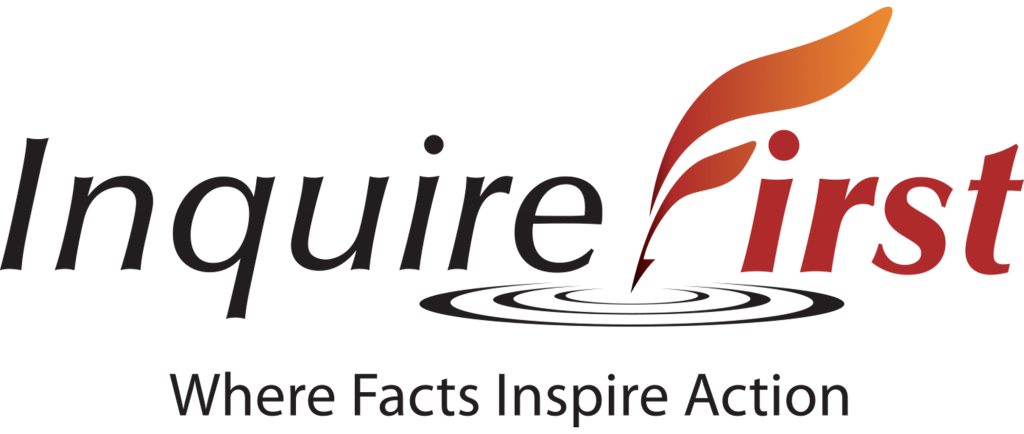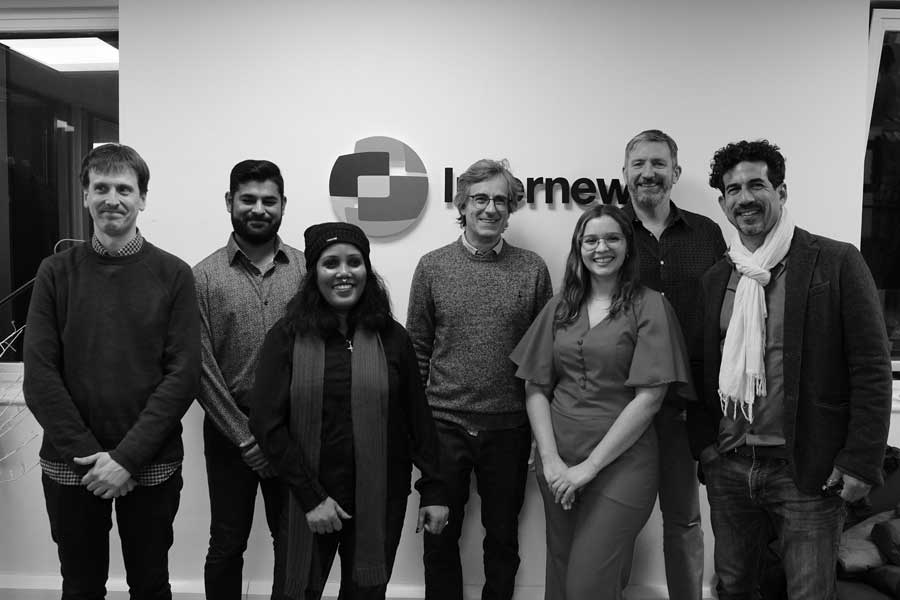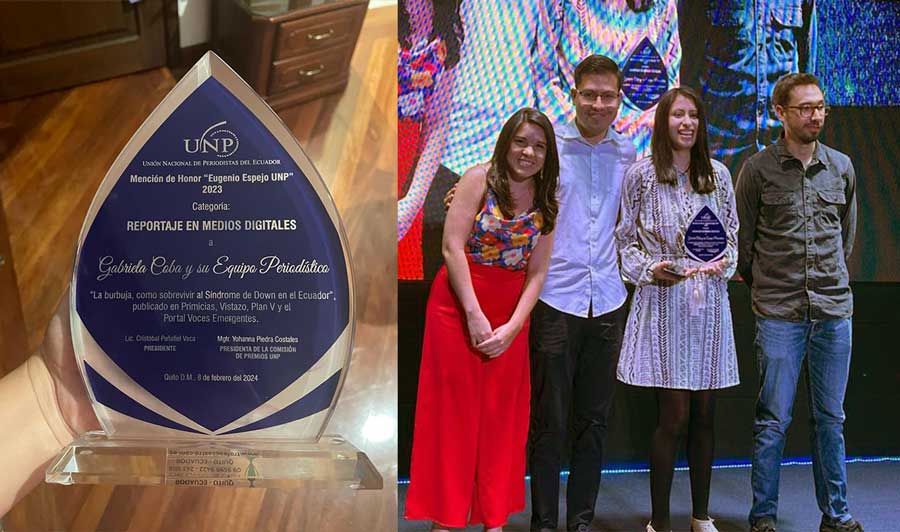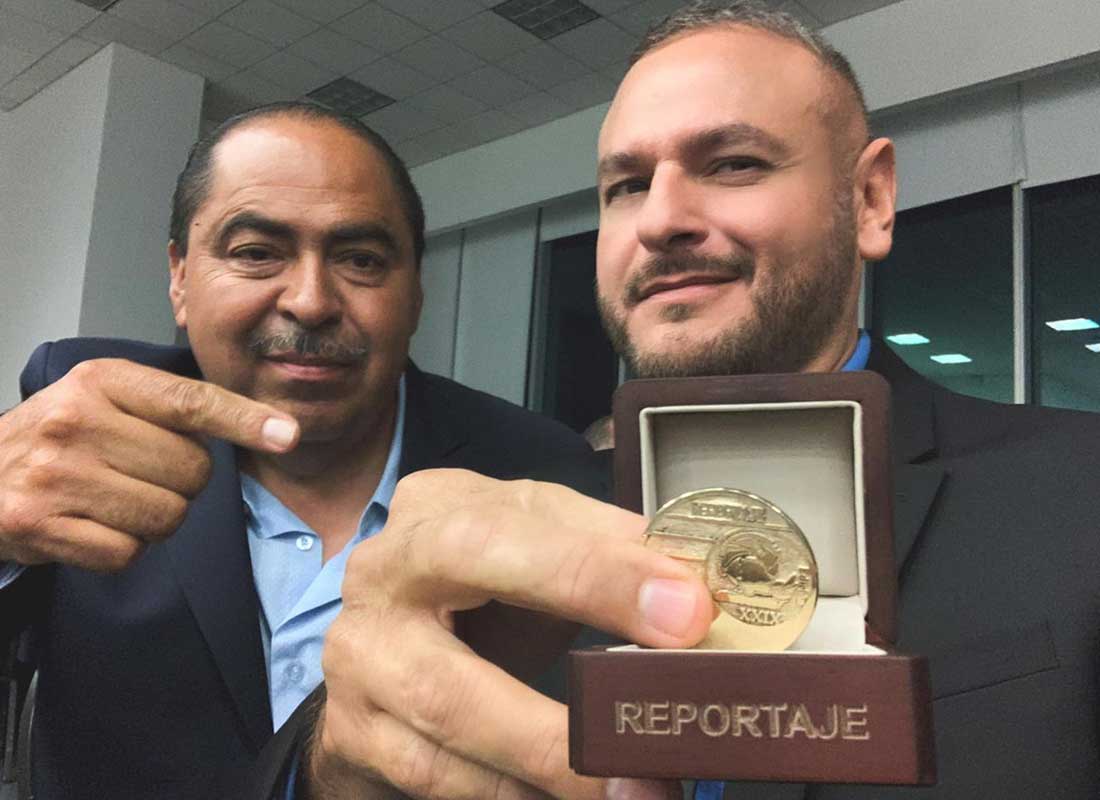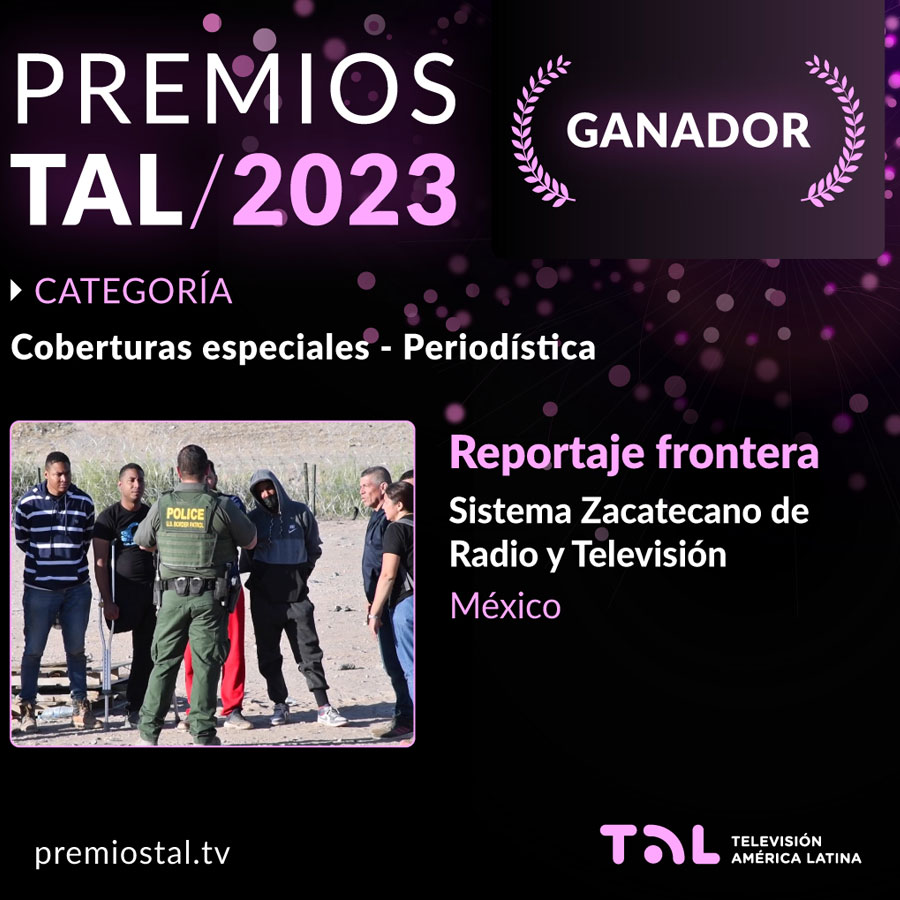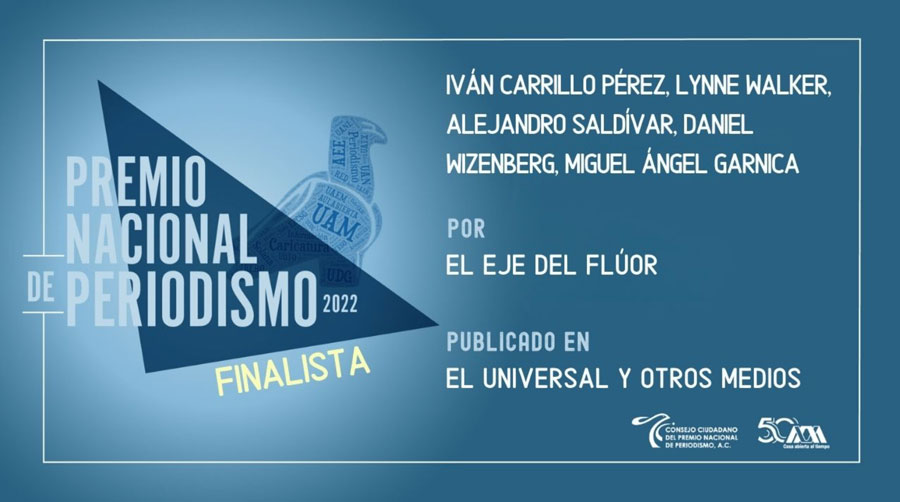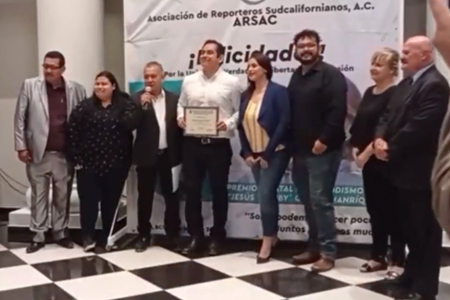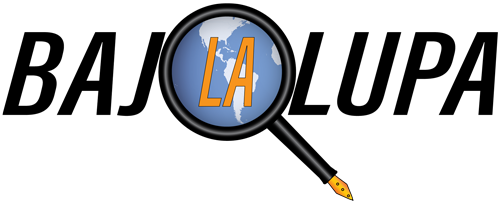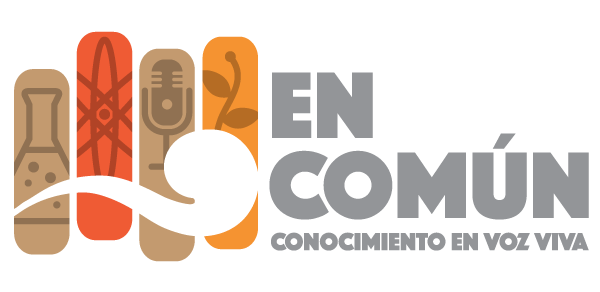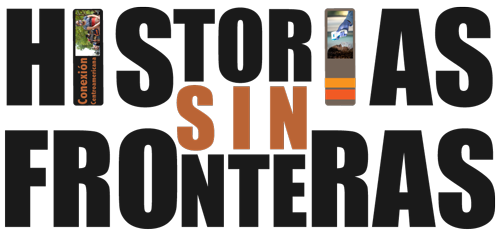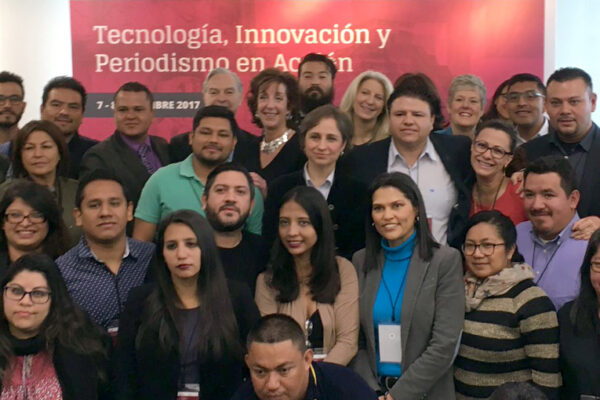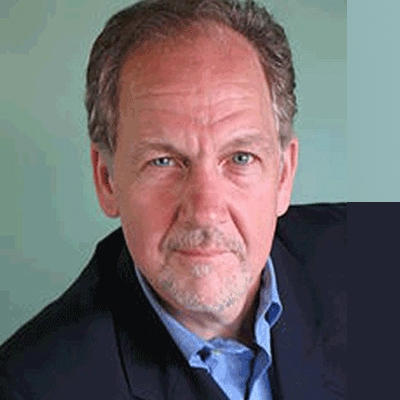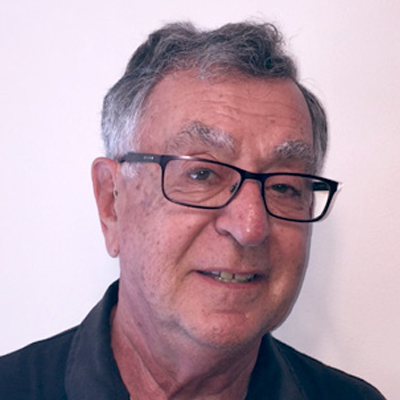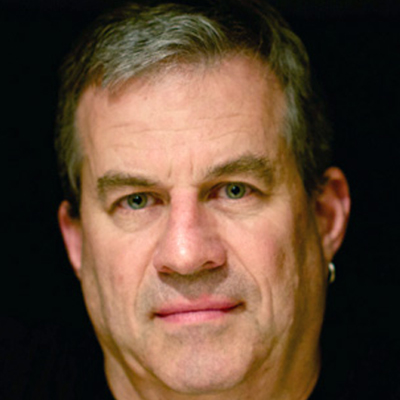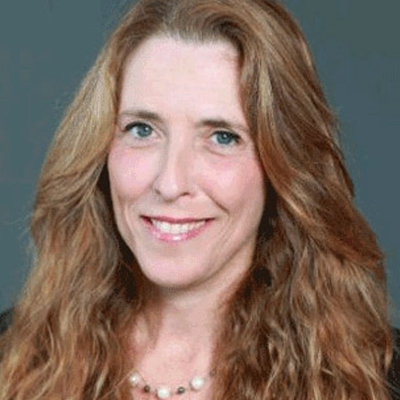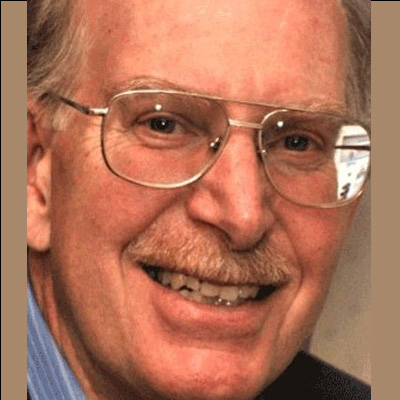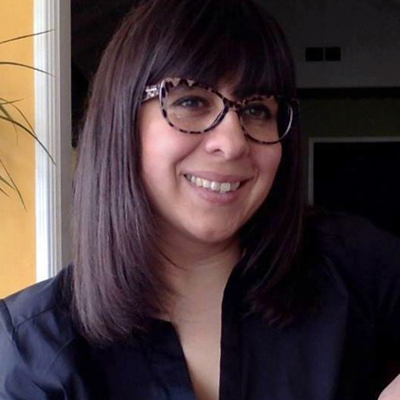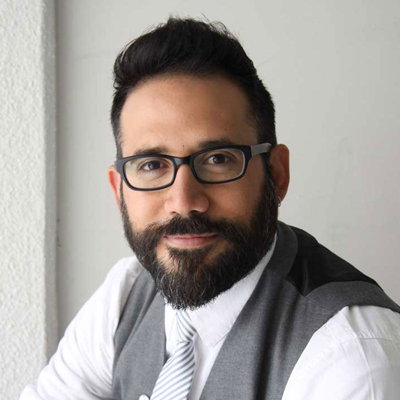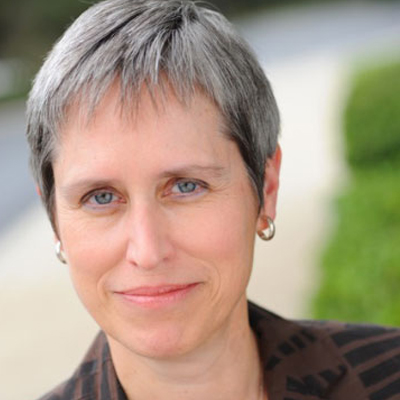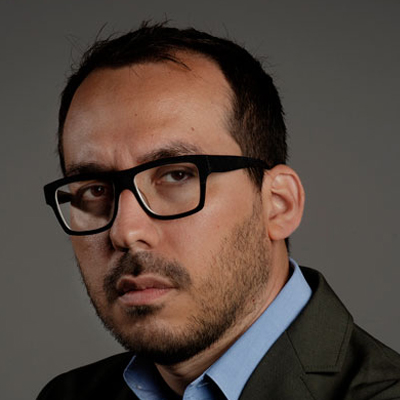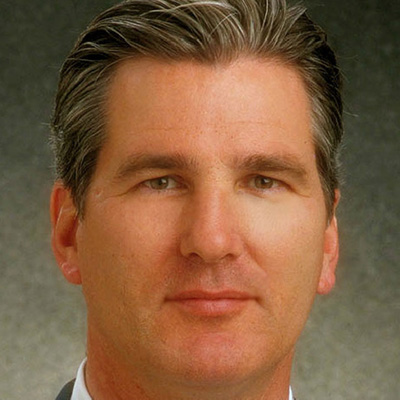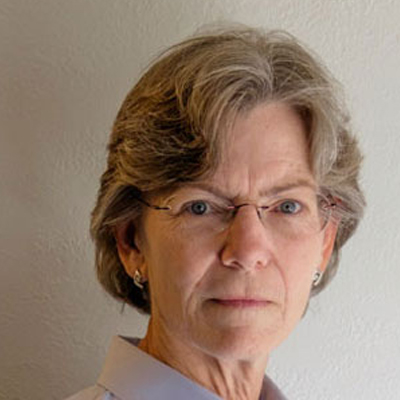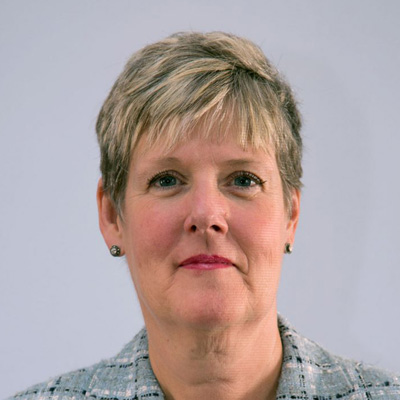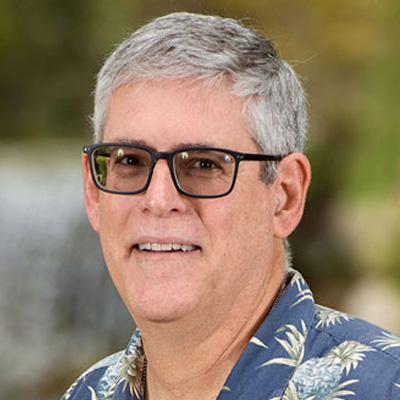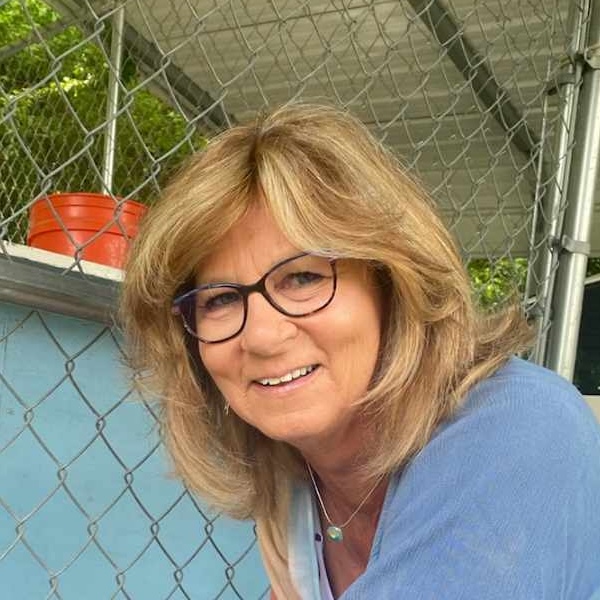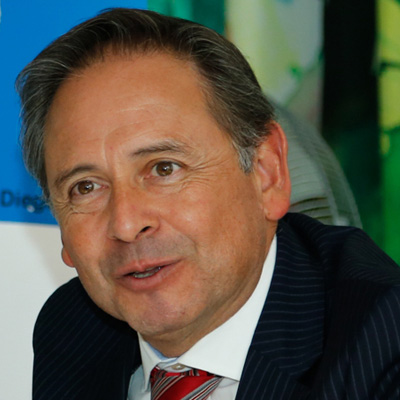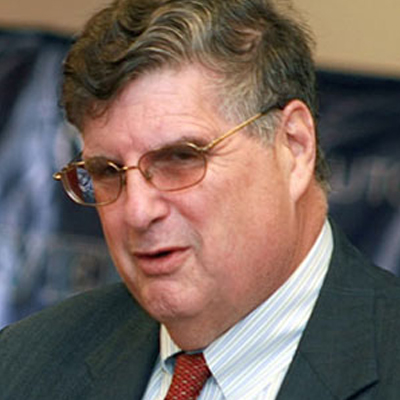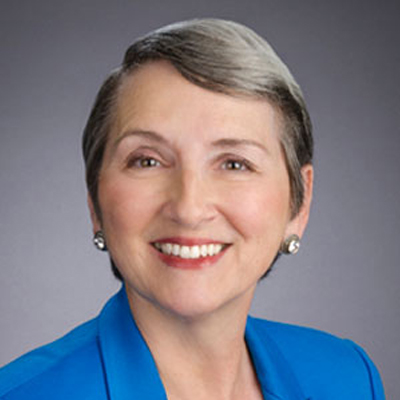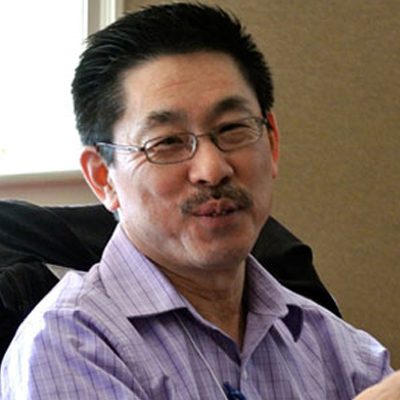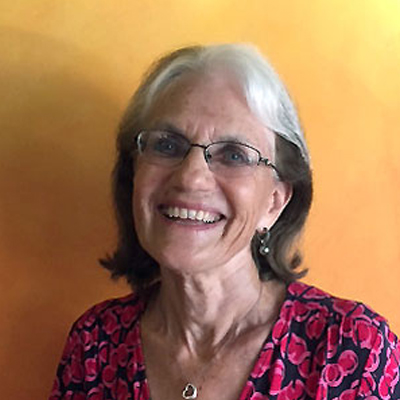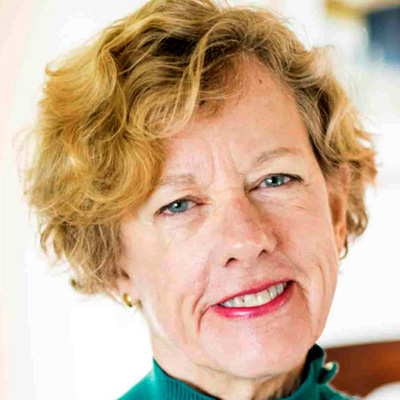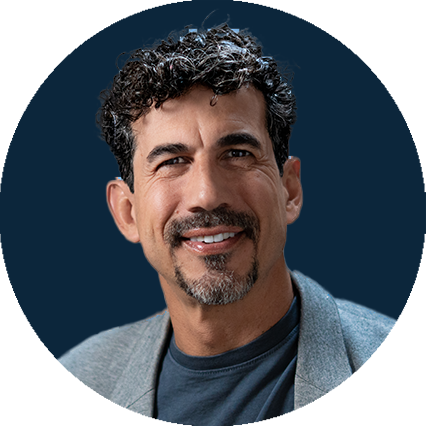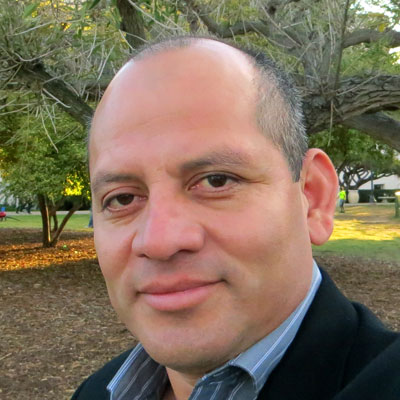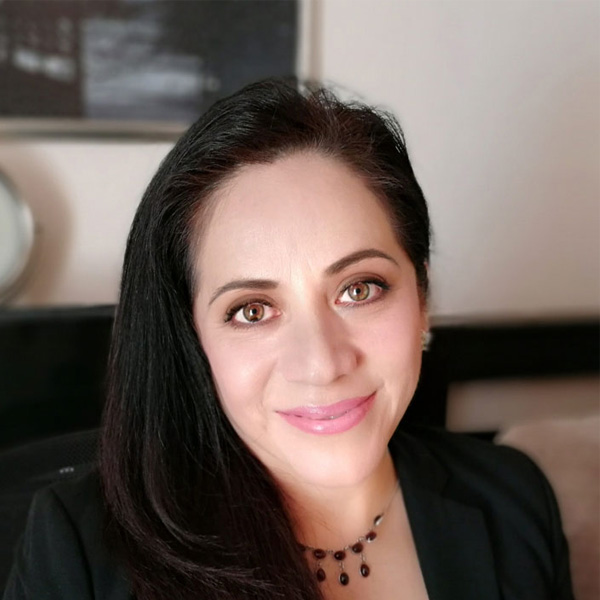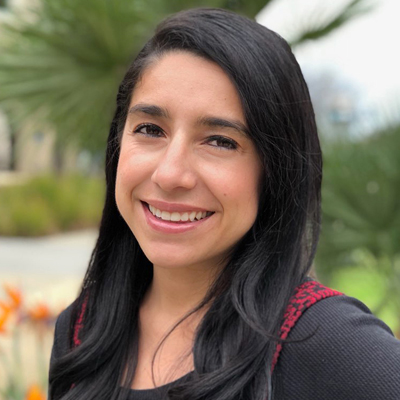South American team publishes in-depth report on the Inca Trail with the support of Historias Sin Fronteras grant
Jair Guillén / Peru
A team of journalists in Peru, Colombia, Argentina and Chile has published a sweeping a cross-border project on the impact of climate change on the Inca Trail with the support of a Historias Sin Fronteras reporting grant.
The Qhapaq Ñan, as the Inca Trail is known in the Quechua language, is an extensive road network of almost 19,000 miles constructed by the Incas through some of the world’s most extreme geographical terrains. The Inca Trail spans six South American countries through the snow-capped peaks of the Andes to the coast, running through tropical rainforests, fertile valleys and harsh deserts.
Four journalists who teamed with four photojournalists followed the road that connects their story to Indigenous communities in South American countries as they reported on ways that people are confronting the challenges of climate change as they struggle to preserve their ancestral heritage.
Historias Sin Fronteras reporting grants supported the work of 14 journalists from seven countries – Peru, Colombia, Argentina, Chile, Brazil, Mexico and the United States – on the project. Reporters, photojournalists, editors, infographics designers, a website developer and translators (who translated the project from Spanish to English and Portuguese) spent months on this comprehensive investigation of the impact of climate change on the UNESCO World Heritage Site.
The project was published in November 2025 and has been published by media organizations in Peru, Colombia, Bolivia, Chile, Mexico and the United States. It can be read in its entirety here
In selecting the proposal by the South American team as the recipient of a Historias Sin Fronteras grant, the international panel of judges noted the project “takes readers on a journey down this road to learn about the climate resiliency projects that are happening in each country.”
“This project pitch embodies not only the spirit of the call for proposals, but of Historias Sin Fronteras,” the judges wrote. “You could not do this story without a multi, cross-border collaboration. It blends Latin American/Incan history and the current climate challenges well.”
The grant was funded with the generous support of individual donors who believe in the importance of climate and environment reporting by Latin American journalists.
InquireFirst awarded the grant to:
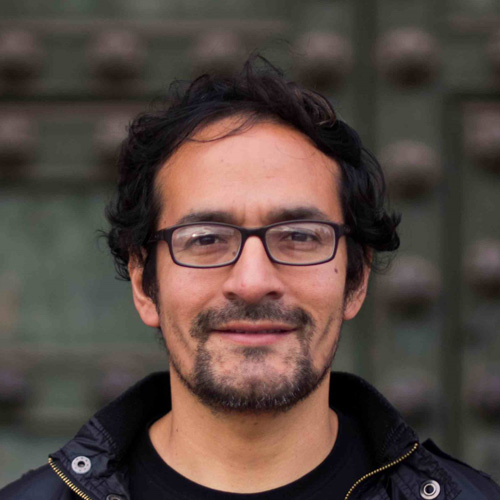
Oscar Bermeo Ocaña, an environmental journalist based in Peru, who has written for the environmental news site Mongabay Latam since 2019. He has reported on biodiversity and conservation projects, deforestation, and social problems created by climate change.
Oscar was a Climate Tracker fellow and he has participated in climate mentoring programs, where he wrote about the need for an energy transition in Peru. In 2024, he was a climate research fellow with the Center for Investigative Journalism (CIJ) and CONNECTAS, where he explored the challenges of ecosystem restoration in Peru.
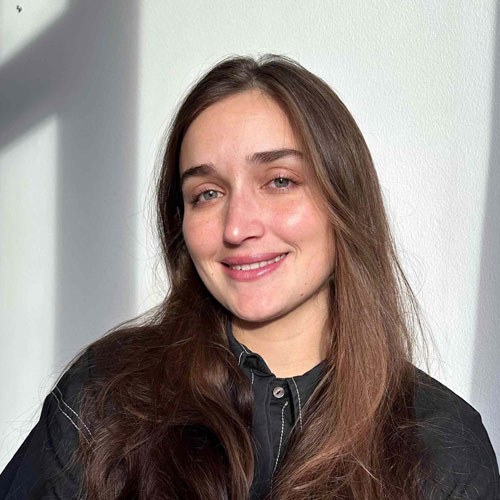
Clara Ferrer Puccio, an Argentine journalist who has worked for media outlets such as La Voz del Interior, the largest news organization in the country’s interior, and Climate Tracker International.
In 2022, Clara was selected for Climate Tracker’s Media Fellowship. During the program, she conducted three investigations into the impact of climate change in Argentina.
She has reported on the complex relationships between environment and society, conducting investigations and reporting on subjects such as wildlife trafficking, access to drinking water, forest fires, pollution and climate negotiations.

Simón Zapata, a Colombian journalist with a background in community journalism that has allowed him to tell stories from the ground up and highlight environmental struggles, human rights violations, and the resistance of grassroots communities. Through El Cuarto Mosquetero, an alternative media outlet, Simón has conducted investigative reporting on the environmental impacts of extractive projects, water conflicts, and environmental crimes in the Amazon rainforest, as well as social initiatives for environmental conservation.
He was a finalist for the Historias con Propósito award for his special report on the impact of small hydroelectric plants in Antioquia, in the Andes in northwest Colombia. He currently coordinates an hour-long live broadcast focusing on the environment and is leading an investigation with the support of a CONNECTAS grant on the public health impacts of mercury use in gold mining in the Guainía region of Colombia.

Natalie Gilbert, a Chilean journalist who co-founded the digital media outlet Proyectoaurora.cl, which focuses on the environment, human rights and Indigenous people.
She is also in charge of communications at the Mapuche Association Ad Kimvn and co-host of the podcast “Old Age Behind Bars: Older Women Sentenced Under Drug Law in Chile.”
Iván Carrillo, a science writer and editor based in Spain and co-founder of Historias Sin Fronteras, was the project editor. Iván is a 2025 recipient of the prestigious National Academies of Sciences, Engineering and Medicine Award for Excellence in Science Communications. He is a contributor to National Geographic and the Latin American editions of Newsweek and has collaborated with the Discovery Channel and CNN en Español. In 2016-2017, he was the recipient of a Knight Science Journalism Fellowship at MIT.
More Awards
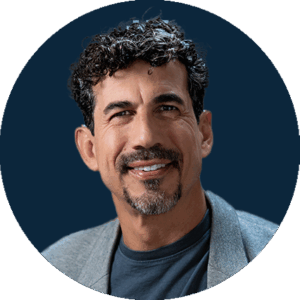
Iván Carrillo receives 2025 award for Excellence in Science Communications from National Academies of Sciences, Engineering and Medicine
Iván Carrillo, the co-founder of two InquireFirst journalism programs on science, health and the environment, is a 2025 recipient of the National Academies of Sciences, Engineering and Medicine Award for Excellence in Science Communications.
The prestigious Eric and Wendy Schmidt Award recognizes science journalists, research scientists and science communicators who have developed creative, original work to communicate issues and advances in science, engineering and medicine to the general public. Ivan’s work was chosen from nearly 700 entries for works published or aired in 2024, the National Academies said in announcing this year’s winners.
In recognizing Ivan’s work, the selection committee said:
“Iván Carrillo’s powerful environmental journalism illuminates the biodiversity crisis in Mexico with nuance and urgency. His deeply reported stories — on the ecological devastation of the U.S.-Mexico border wall, the paradox of hunting as conservation, and the conflict between jaguar survival and shrimp farming — blend scientific evidence, human voices, and vivid narrative. With moral clarity and a global lens grounded in local realities, Carrillo demonstrates how investigative science reporting can inspire awareness and action.”
He was honored along with 23 other recipients of the 2025 award on Nov. 11-14, 2025, in Washington D.C.
Iván has partnered with InquireFirst for six years to help create grant opportunities for Latin American science writers and to inform rural and Indigenous communities about science, health and the environment through InquireFirst’s Spanish-language radio program.
He is the co-founder and editor of InquireFirst’s award-winning Historias Sin Fronteras reporting grant initiative as well as the co-founder and executive producer of the radio program, En Común: conocimiento en voz viva (In Common: Knowledge from Shared Voices).
As editor of Historias Sin Fronteras, Iván has guided journalists from project idea to publication to global recognition of their work through international awards. He is mentoring a new generation of climate and environment reporters at a time when accurate, data-driven reporting is crucial for audiences in the U.S. and Latin America.

En Común returns for sixth season of environmental programing
We’re back on the air with a sixth season of En Común: conocimento en voz viva, our Spanish-language science, environmental and health radio program tailored for rural and Indigenous communities in Mexico and reported primarily by Indigenous journalists.
Thanks to the generous support of the Golden Globe Foundation, we are airing 20 in-depth, meticulously reported episodes on subjects ranging from the impact of climate change on rural communities to ocean conservation to protection of Mexico’s rich biodiversity.
The radio program shares the voices of Indigenous people while our reporters – many of them Indigenous journalists working for the first time with an international media organization – record the cultural traditions of people in their communities that help care for the environment.
En Común co-founder and executive producer Iván Carrillo and InquireFirst Executive Director Lynne Walker have formed alliances with Mexico’s regional and national radio networks that make it possible for the weekly program to reach millions of listeners in communities stretching from Baja California to Chiapas.
Thanks to our Sponsor

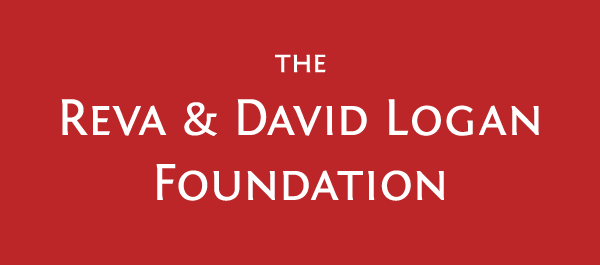
Logan Foundation extends support of InquireFirst programs for Latin American journalists in 2025-26
We’re proud to announce that the Reva & David Logan Foundation is continuing its support of our 2025-2026 programs for Latin American journalists.
In 2026, the InquireFirst team will travel to Quito for an in-person program on safety protocols for journalists from throughout Ecuador.
With the support of the Logan Foundation, InquireFirst conducted a virtual training program for Ecuadorian editors and reporters in the summer of 2025 to help them develop safety protocols to protect themselves, their sources, their digital material, and their mental health as they report amid increasing violence.
The Committee to Protect Journalists (CPJ) reports that Ecuador is going through an unprecedented security crisis, driven by organized crime, institutional weakening and growing social conflict.
The Logan Foundation said it aims “to help advance InquireFirst’s role in maintaining a robust journalism ecosystem in Latin America through programs that promote cross-border investigations and help advance the careers and skills of early-career journalists.”
In 2025, support from the Logan Foundation helped us continue our wide-ranging regional reporting programs that over the past three years have offered full scholarships to 92 Latin American journalists from 12 countries to travel to the United States for week-long reporting trips.
These trips, which provide unprecedented access to U.S. officials and NGOs, offer Latin American journalists the opportunity to conduct nuanced reporting on complex policy issues and the human drama of immigration.
Journalists who participated in the eight trips organized by InquireFirst in 2024-2025 traveled to San Diego, Tucson, Big Bend, El Paso, the Rio Grande Valley and New York City. Additional reporting trips to both the U.S.-Mexico border and cities in the interior of the United States are planned for 2026.
2024-2026 Immigration Reporting Program
InquireFirst plans to continue its intensive immigration program in 2026 that has provided 92 journalists from 12 Latin American countries full scholarships to travel to the United States for week-long reporting trips organized by our team along the U.S. Southwest border.
During eight programs in 2024-2025, the Latin American journalists who received fellowships to attend our program traveled to San Diego, Tucson, Big Bend, El Paso, the Rio Grande Valley and New York City to report on the complex and multifaceted U.S. immigration policy.
Journalists who participated in the InquireFirst program are from Mexico, Guatemala, Honduras, El Salvador, Nicaragua, Costa Rica, Panama, Colombia, Venezuela, Peru, Ecuador and Cuba.
Additional reporting trips to both the U.S.-Mexico border and cities in the interior of the United States are planned for 2026.
Each program incorporates visits to two cities where the journalists report on border enforcement, NGOs working with migrant communities, and immigrants from countries throughout the Western Hemisphere. During a 2024 program, journalists traveled from El Paso, Texas to New York City to report on the flow of migrants at the border and the impact on a U.S. city in the country’s interior.
The journalists begin their reporting before dawn each day and work to sundown, interviewing different actors in the immigration issue who are contacted by InquireFirst for the program.
This video by IR Producciones highlights the week that journalists spent reporting on immigration in El Paso and San Diego in 2024.
SYMPOSIUMS
World Conference of Science Journalists
MEDELLIN, Colombia — When we organize a workshop at InquireFirst, we put journalists to work!
That’s exactly what happened during our day-long March 27 workshop at the World Conference of Science Journalists in Medellin. Almost 40 journalists from 14 countries joined us for our Historias Sin Fronteras workshop, which focused on strengthening science, health and environmental journalism through cross-border reporting.
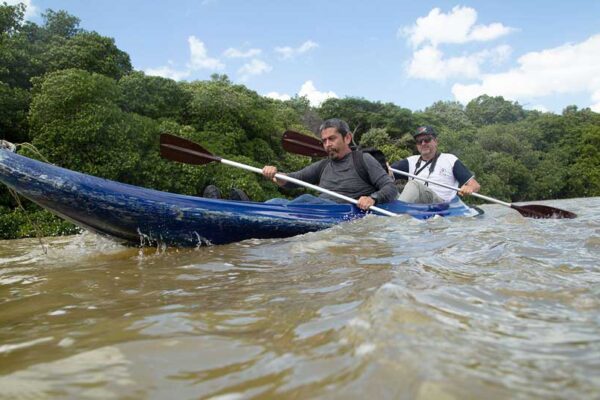
MERIDA, Mexico – “There’s no more important work than the work being done by journalists,” said Brian O’Donnell, director of Campaign for Nature, during a February 2020 environmental investigative journalism workshop organized by InquireFirst.
As the world witnesses a “massive acceleration in extinction” of species, coverage of
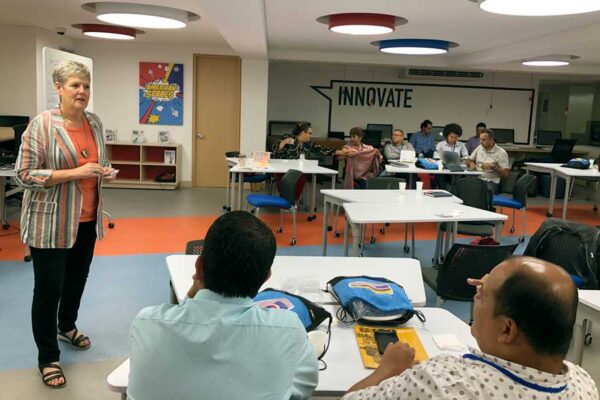
MEDELLIN, Colombia – InquireFirst Executive Director Lynne Walker met with journalists in Medellín and Cali, Colombia, July 29-August 3 to discuss new techniques for conducting investigative reporting.
During the programs organized by the Public Affairs Section of the U.S. Embassy in Bogotá, Walker led interactive sessions with journalists who cover
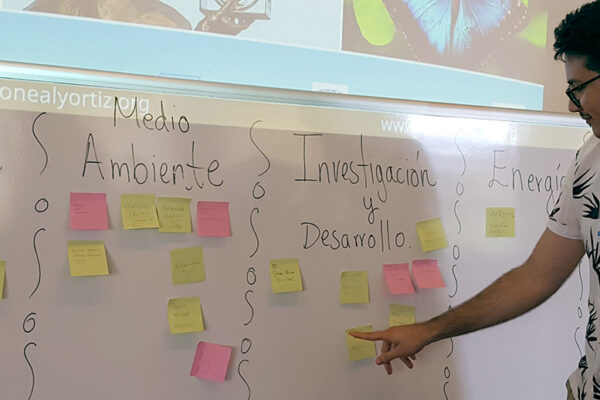
LAUSANNE, Switzerland – We’re pleased to announce that InquireFirst has awarded our first reporting grants to a team of Latin American science writers to support their work on a cross-border regional health story.
The reporters on the team were selected during our Jack F. Ealy Science Journalism Workshop, which was
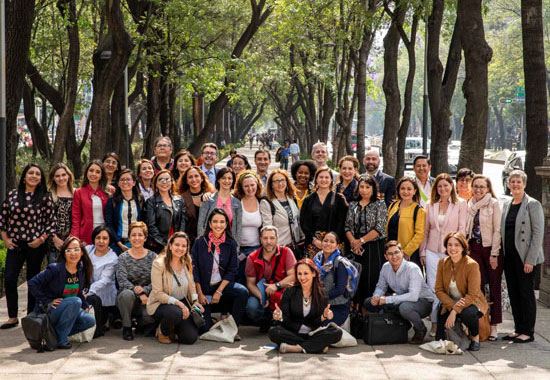
MEXICO CITY – “Writing is music…language can be used in so many creative ways,” Deborah Blum, director of the Knight Science Journalism Program at MIT, told almost 30 science and health journalists attending our regional workshop in Mexico City.
As Blum lead journalists through an interactive workshop on narrative science
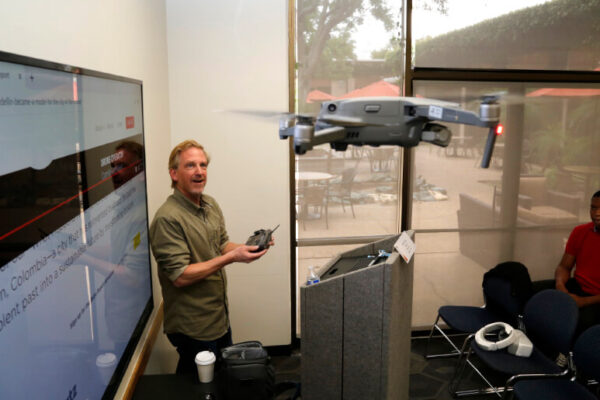
FULLERTON, Calif. – Top U.S. journalists joined InquireFirst as speakers at our “Transparency and Investigative Reporting” workshop Feb. 25-March 1, when Latin American journalists traveled to Southern California to attend sessions on fact-checking, in-depth investigative reporting, cyber security and reporting with drones.
Among our speakers were:
Ginger Thompson, senior reporter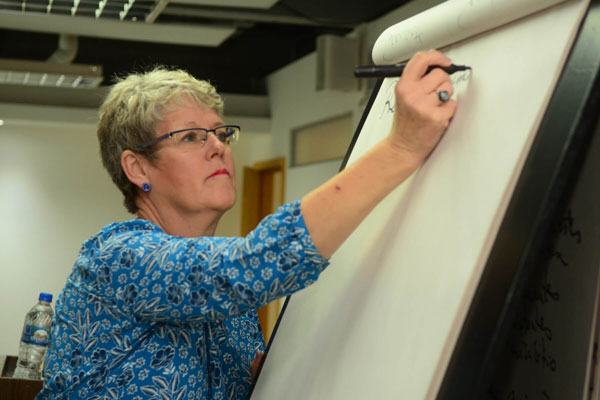
GUAYAQUIL, Ecuador -- S. Lynne Walker, President and Executive Director of InquireFirst, traveled to Guayaquil and Quito, Ecuador, in January 2019 to instruct a series of interactive workshops titled “Investigative Journalism in High-Risk Situations.”
In Guayaquil, journalists from newspapers, television networks and online news sites participated in a nine-hour interactive
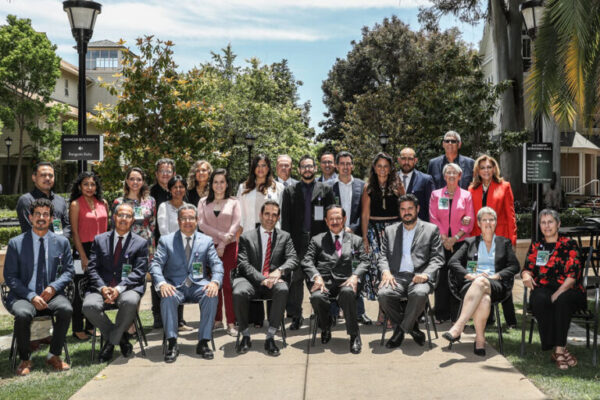
PALO ALTO, Calif. – Latin American science journalists were presented with a host of new professional development opportunities during the Jack F. Ealy Science Journalism Workshop at Stanford University.
The June 17-21, 2018 workshop, organized by InquireFirst and Mexico City-based Fundación Ealy Ortiz, focused on training opportunities – with Latin
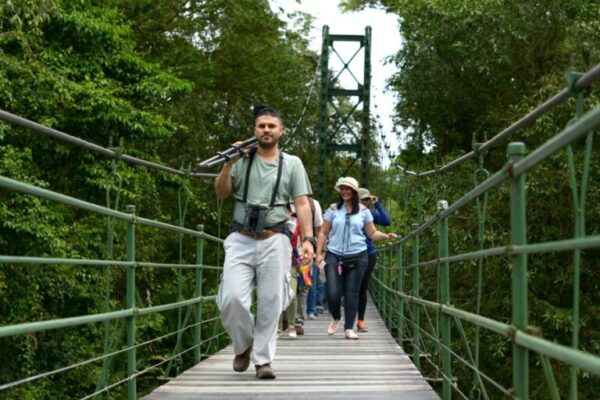
SAN JOSE, Costa Rica – Science and health journalism should not be limited by international borders. Complex new health threats such as Zika virus that occur in a “noisy” media environment require a new model of reporting, Andrew Revkin, strategic adviser on science and environmental journalism for The National Geographic
